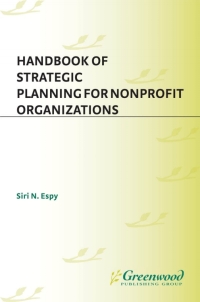Question
Question 1 (1 point) The more time there is, the less its effect on the value of wealth. True False Question 2 (1 point) Time
Question 1 (1 point)
The more time there is, the less its effect on the value of wealth.
| True | |
| False |
Question 2 (1 point)
Time creates risks, uncertainties, opportunities, and opportunity costs.
| True | |
| False |
Question 3 (1 point)
Cash flows in the future are liquid.
| True | |
| False |
Question 4 (1 point)
The time value of money can be understood but not calculated concretely.
| True | |
| False |
Question 5 (1 point)
Time discounts value.
| True | |
| False |
Question 6 (1 point)
The discount rate is the opportunity cost of not having liquidity.
| True | |
| False |
Question 7 (1 point)
Evaluating alternatives for financial decisions always involves speculation.
| True | |
| False |
Question 8 (1 point)
Opportunity costs are foregone choices or sacrificed alternative uses of wealth.
| True | |
| False |
Question 9 (1 point)
The rate at which time affects the value of money is called the discount rate.
| True | |
| False |
Question 10 (1 point)
Time affects value because time affects liquidity.
| True | |
| False |
Step by Step Solution
There are 3 Steps involved in it
Step: 1

Get Instant Access to Expert-Tailored Solutions
See step-by-step solutions with expert insights and AI powered tools for academic success
Step: 2

Step: 3

Ace Your Homework with AI
Get the answers you need in no time with our AI-driven, step-by-step assistance
Get Started


